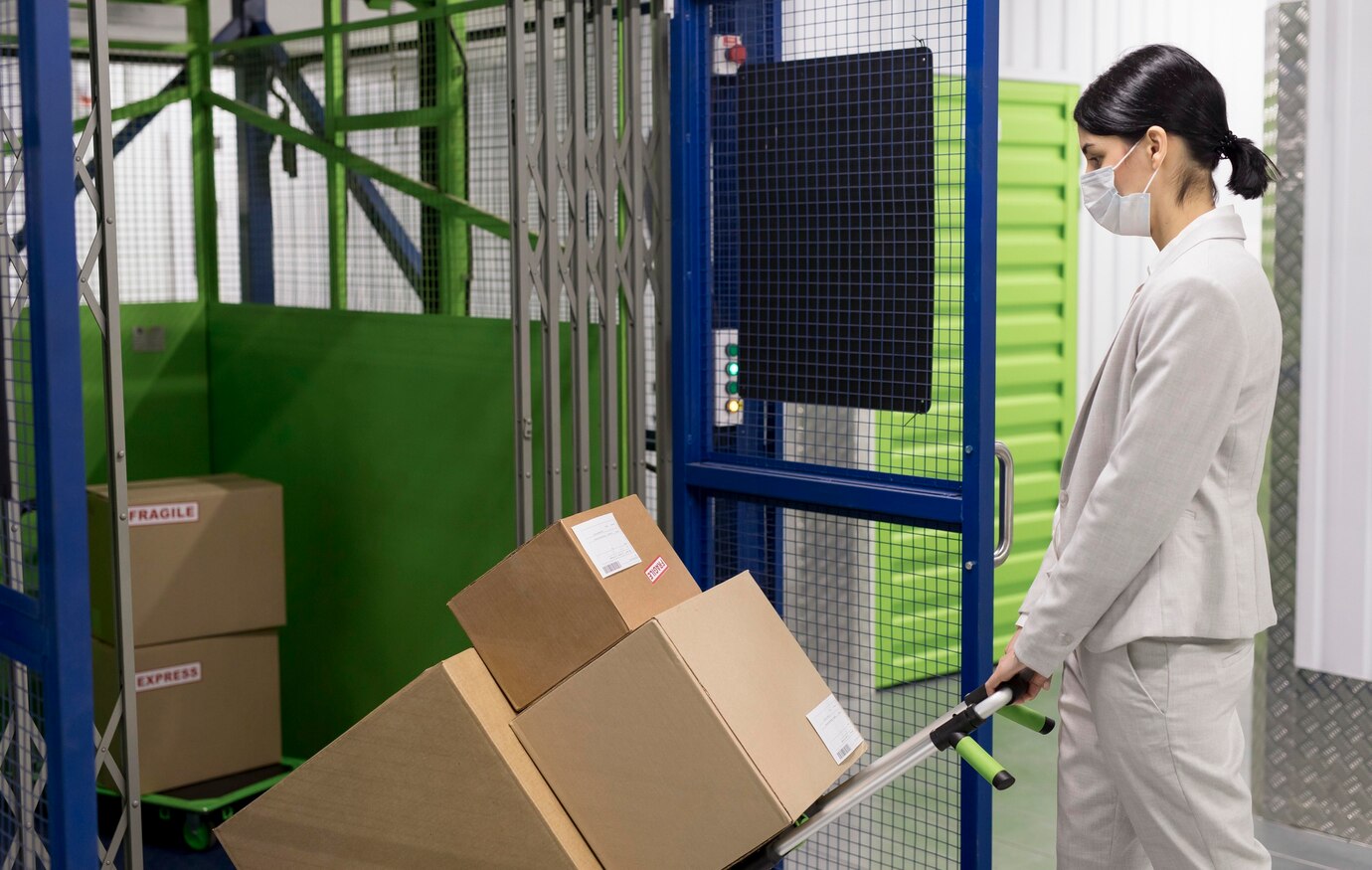The pharmaceutical industry is known for its complexity and strict regulatory requirements. Effective logistics management plays a crucial role in ensuring that medicines and healthcare products reach their intended destinations on time and in optimal condition. In recent years, companies have increasingly debated the merits of managing pharmaceutical logistics in-house versus outsourcing to specialized healthcare logistics companies. This article explores the advantages and disadvantages of both approaches to help businesses make informed decisions.
Understanding Pharmaceutical Logistics
Pharmaceutical logistics encompasses the planning, implementation, and control of the movement and storage of pharmaceutical products from point of origin to point of consumption. This process includes various activities such as inventory management, order fulfillment, transportation, warehousing, and distribution. The goal is to ensure that the right product is delivered to the right location at the right time while maintaining compliance with regulatory standards.
Importance of Efficient Pharmaceutical Logistics
Effective pharma logistics is vital for several reasons:
- Patient Safety: Timely delivery of pharmaceuticals is crucial for patient care. Delays in logistics can lead to medication shortages, impacting patient health.
- Regulatory Compliance: The pharmaceutical industry is heavily regulated. Companies must adhere to strict guidelines for product handling and distribution. Non-compliance can result in severe penalties.
- Cost Efficiency: Streamlined logistics operations can help reduce operational costs, improve inventory turnover, and enhance overall profitability.
- Competitive Advantage: Companies that optimize their logistics processes can gain a significant edge over competitors by improving service levels and responsiveness to market changes.
In-House Pharmaceutical Logistics
Advantages of In-House Logistics
- Greater Control: Managing logistics internally allows companies to have complete oversight of their operations. This can lead to improved efficiency, enhanced communication, and better decision-making.
- Customization: In-house logistics can be tailored to meet the specific needs of the company. This flexibility can be crucial in an industry where regulations and market conditions frequently change.
- Confidentiality: By handling logistics in-house, companies can protect sensitive information and maintain better control over proprietary data, which is particularly important in the pharmaceutical sector.
- Direct Communication: In-house logistics teams can communicate more effectively with other departments, such as production and sales, leading to improved coordination and collaboration.
Disadvantages of In-House Logistics
- High Operational Costs: Establishing and maintaining an in-house logistics operation can be expensive. Costs include hiring specialized staff, acquiring technology, and investing in warehouse facilities and equipment.
- Limited Expertise: Pharmaceutical logistics is a specialized field. In-house teams may lack the expertise and resources that dedicated healthcare logistics companies possess.
- Scalability Challenges: As demand fluctuates, in-house logistics may struggle to adapt quickly. This can lead to inefficiencies and delays in responding to market changes.
- Regulatory Compliance Risks: Staying compliant with the latest regulations can be challenging for in-house teams, especially if they lack experience in the pharmaceutical industry.
Outsourced Pharmaceutical Logistics
Advantages of Outsourcing Logistics
- Access to Expertise: Healthcare logistics companies specialize in pharmaceutical logistics and have extensive knowledge of industry regulations, best practices, and emerging trends. This expertise can enhance operational efficiency and compliance.
- Cost Savings: Outsourcing can often be more cost-effective than maintaining an in-house logistics operation. Companies can leverage the existing infrastructure and resources of logistics providers, reducing overhead costs.
- Scalability: Outsourced logistics providers can quickly adapt to changing demand. This scalability allows companies to respond efficiently to market fluctuations without the burden of maintaining excess capacity.
- Focus on Core Competencies: By outsourcing logistics, pharmaceutical companies can concentrate on their core activities, such as research and development or marketing, without getting bogged down by logistics operations.
Disadvantages of Outsourcing Logistics
- Loss of Control: Outsourcing logistics means relinquishing some control over the process. This can lead to challenges in communication and coordination, potentially impacting service levels.
- Dependence on Third Parties: Relying on external providers for logistics can create vulnerabilities. If a logistics partner faces operational issues, it can directly affect the pharmaceutical company’s supply chain.
- Potential for Misalignment: Outsourced providers may not fully understand a company’s unique needs or culture, leading to misalignment in service delivery and expectations.
- Data Security Concerns: Sharing sensitive information with third-party logistics providers raises concerns about data security and confidentiality, particularly in the highly regulated pharmaceutical sector.
Factors to Consider When Choosing Between In-House and Outsourced Logistics
1. Business Size and Scope
Larger pharmaceutical companies with extensive distribution needs may benefit from in-house logistics to maintain control and customization. Conversely, smaller companies might find outsourcing more cost-effective and efficient, allowing them to focus on growth.
2. Budget Constraints
Assessing the budget is critical. In-house logistics require significant investment in personnel, technology, and infrastructure. If resources are limited, outsourcing may provide a more affordable solution.
3. Regulatory Compliance Requirements
Companies must consider their ability to comply with regulations. If an in-house team lacks the expertise to navigate complex regulatory landscapes, outsourcing to specialized healthcare logistics companies may be a safer option.
4. Market Dynamics
Evaluate market conditions and potential fluctuations in demand. If rapid scaling is necessary, outsourcing may offer the flexibility needed to adapt quickly.
5. Strategic Goals
Consider long-term strategic goals. If logistics are core to the business’s competitive advantage, investing in in-house capabilities may be worthwhile. However, if logistics are not a primary focus, outsourcing can provide better agility and cost savings.
Conclusion
Choosing between in-house and outsourced pharmaceutical logistics involves careful consideration of various factors, including operational control, cost, expertise, and compliance requirements. Each approach has its advantages and disadvantages, and the right decision ultimately depends on the unique needs and circumstances of the company. By thoroughly evaluating these factors, pharmaceutical companies can position themselves to optimize their logistics operations, improve patient care, and enhance their competitive edge in the market.
In a rapidly evolving industry, staying informed and flexible is essential to navigating the complexities of pharmaceutical logistics effectively. Whether opting for in-house solutions or partnering with specialized healthcare logistics companies, the goal remains the same: delivering quality healthcare products safely and efficiently to those who need them.



